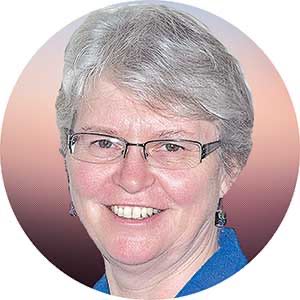The Week of Prayer for Christian Unity, an initiative of the World Council of Churches, takes place each year from January 18-25, between the feats of St. Peter and St. Paul.
“The World Council of Churches (WCC) is a community of churches on the way to visible unity in one faith and one eucharistic fellowship, expressed in worship and in common life in Christ. It seeks to advance towards this unity, as Jesus prayed for his followers, ‘so that the world may believe.’ (John 17:21) … WCC is the broadest and most inclusive among the many organized expressions of the modern ecumenical movement, …” (quoted from the World Council of Churches website, www.oikoumene.org)
Each year, whenever possible, I take part in the services for the Week of Prayer for Christian Unity, although I will admit to being somewhat ambivalent about it, though not about gathering ecumenically for worship. My ambivalence is around what Christian unity actually means. Perhaps because I grew up with it, I appreciate the Anglican expression of worship and though I may not always agree with every aspect of our organization, overall, I am quite comfortable with the polity as expressed by the Anglican Church of Canada. I know that the same is true for those who grew up in other Christian denominations. Each one is a different expression of the same faith and each one authentic in its own right. So the idea that we would all be one denomination has never seemed realistic. But that was what I thought was understood by Christian unity.
That is, until I attended the World Council of Churches Assembly last September. I now have a whole new appreciation for the ecumenical movement and for what we mean by Christian Unity. Many things impressed me at that assembly, not the least was the variety of expressions of worship that we experienced daily. It was not just in the various languages—with several languages in each service—it was also in the form of worship, in the music and hymns, a kaleidoscope of faith expressions from every part of our globe.
It was also clear that, although we came from different traditions, with different forms of organization and ways of governing ourselves, we were in fact united in our worship of God and in our service to our world. While there was much that divided us, there was even more that drew us together—our concern for our planet and for climate justice, our desire to fight for justice for all people, our seeking reconciliation with Indigenous peoples, our hope for a world where there is both gender equity and gender justice. This was evident in the conversations we had, in the motions we made, in the statements we issued. I was heartened by all that and more.
This was a different kind of unity. It was not the unity that I had understood in the past but it I like it much more. I also believe it is a move of the Spirit and totally achievable.




